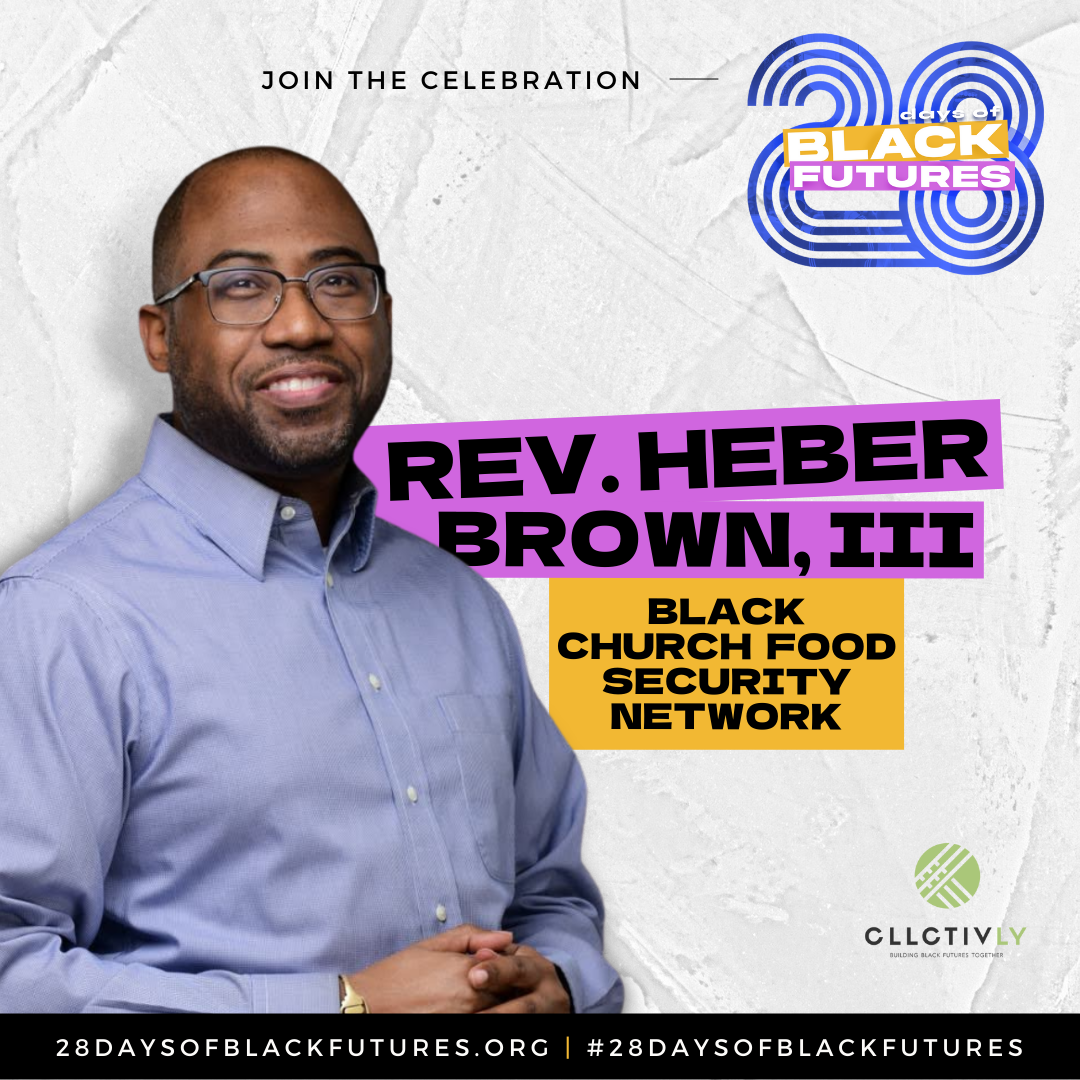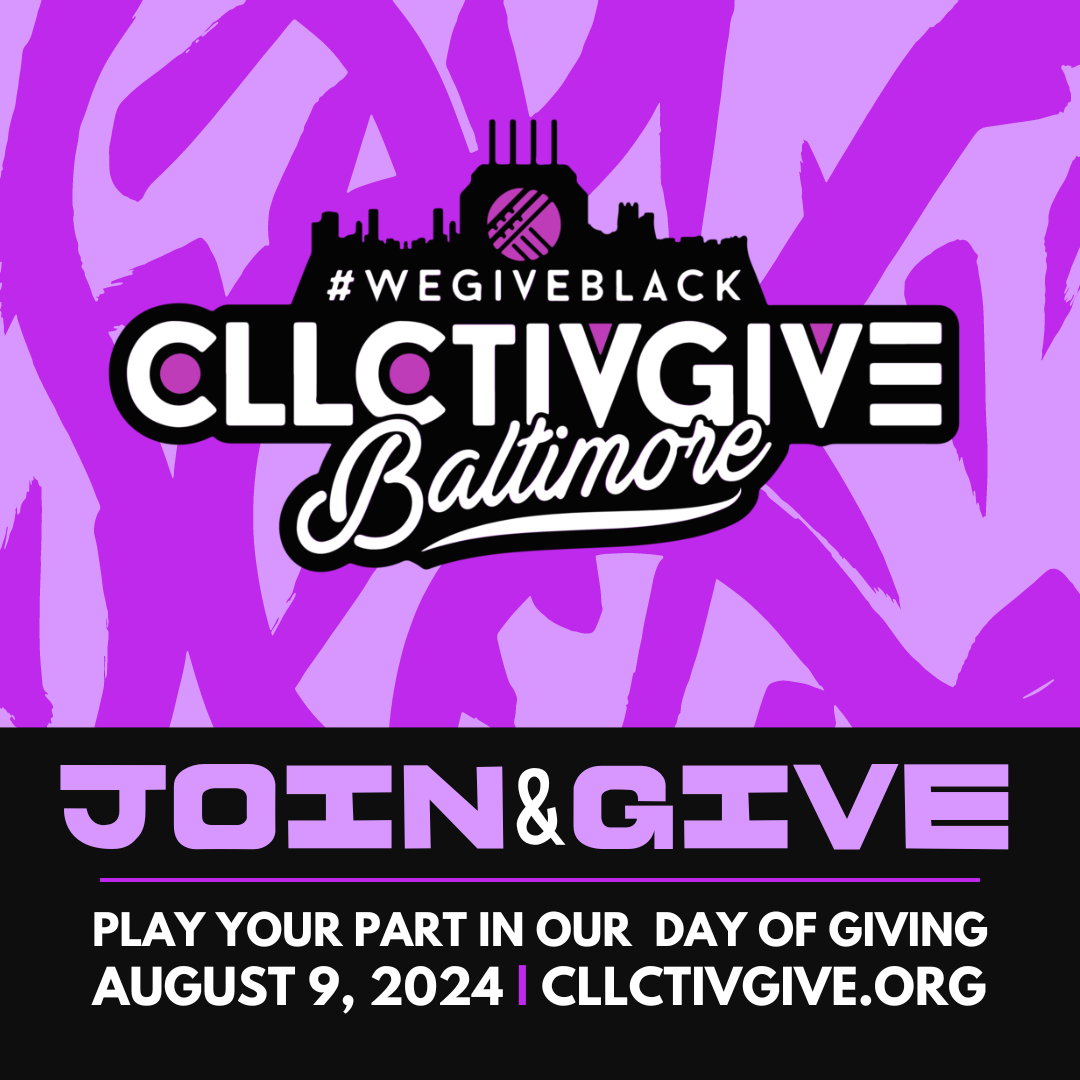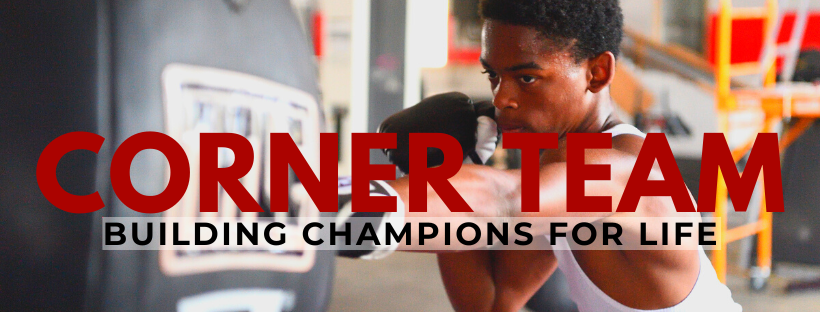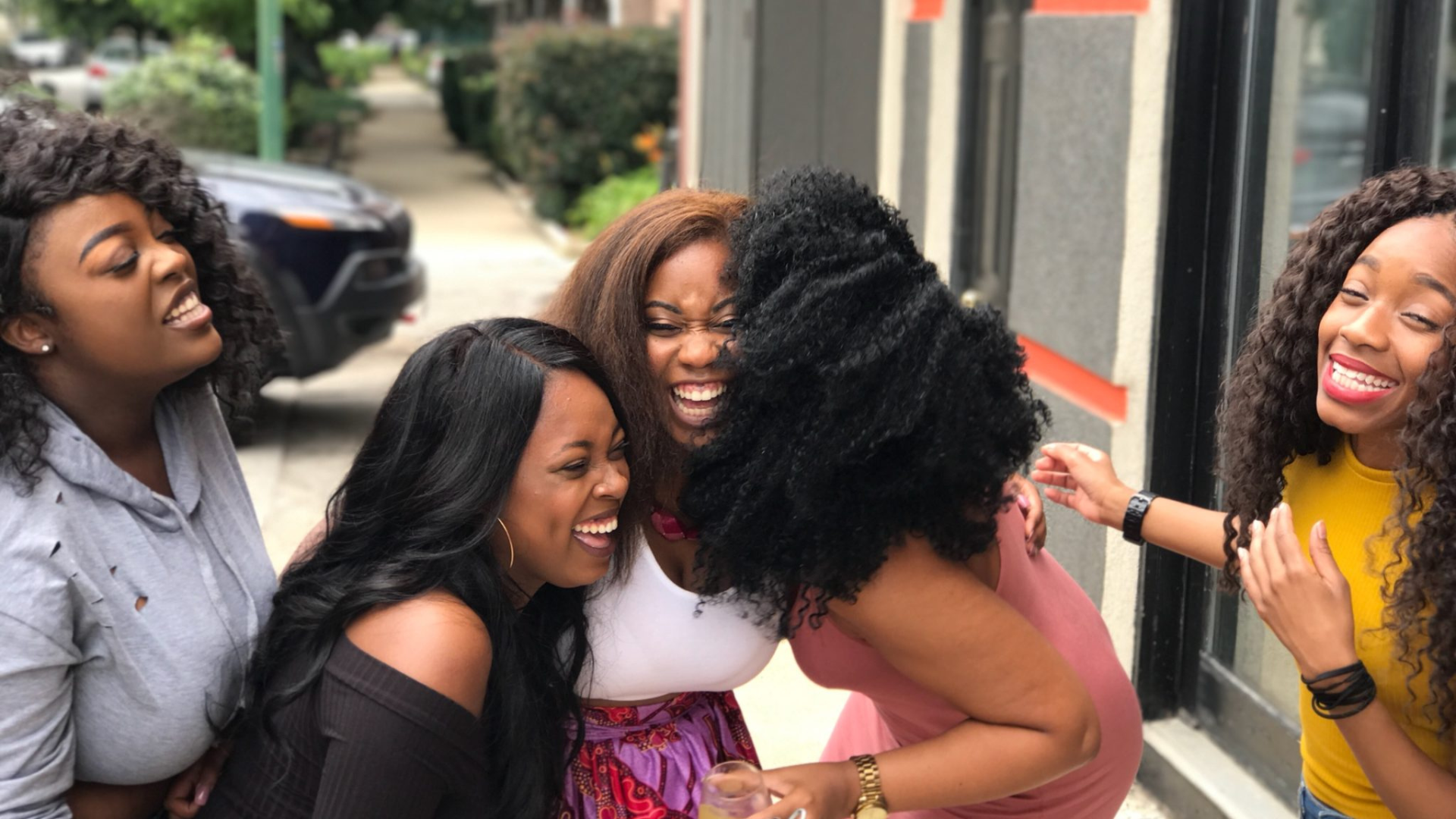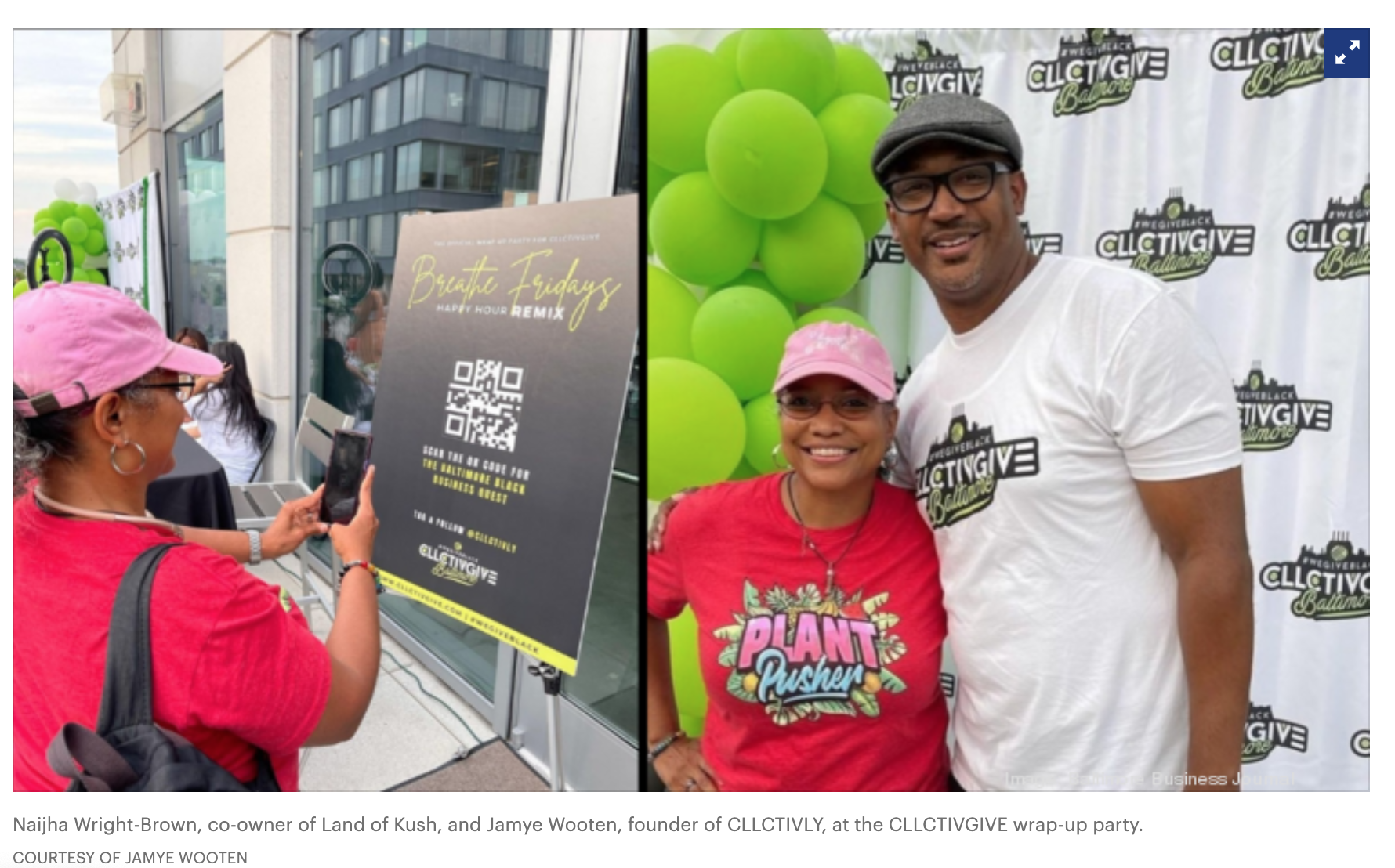By Cori Lucas,
Starting with a single garden behind Pleasant Hope Baptist Church, The Black Church Food Security Network (BCFSN) grew to a web of 10 churches in just a year, with the common goal of feeding Baltimore’s underserved communities–naturally. Whilst overlooking Maxine’s Garden–the garden that started it all–and contemplating the Pleasant Hope Baptist Church community’s inadequate access to food and approach to charity, Rev. Heber Brown III had the idea of integrating gardens throughout the community to combat these issues. Rev. Brown III recognized food insecurity as a prominent grassroots problem that kept Black people and neighborhoods repressed, and strove to address the issue as a means of empowering these communities. The Black Church Food Security Network was the result, launching in 2015.
In addition to serving people directly, the BCFSN assists other churches across Maryland, Virginia, Ohio, North and South Carolina and a handful of other states in cultivating and keeping their own gardens! Their Operation Higher Ground initiative offers ministries training, funding, and aid in starting natural food sources of their own. They analyze the assets of these ministries and their surrounding communities in order to help them establish how and where they might nourish plentiful gardens and serve their own neighborhoods healthy and delicious fruits and vegetables.
Given all the funding and resources the BCFSN needed, Rev. Brown would recruit and establish dozens upon dozens of churches so that there could be multiple in every major metropolitan city in the country. In lew of charities and programs, BCFSN would recruit and encourage church-goers to do “groundwork”, where they would direct attention and resources such as buses, kitchens and classrooms in their individual churches to be used to lighten the plight of the surrounding Black community—specifically “the problem of racism, white supremacy, and the food system.” Ultimately, Rev. Brown is pushing for Black people to take control of the food that is being presented in their neighborhoods. “When we can control our food, we can control so many other elements of what it means to be free in Black America today.”
They haven’t stopped at growing their own produce, though. They’ve commissioned the help of Black-owned farms to distribute nutritious food to the people who need it most. Through their Soil to Sanctuary Market program, BCFSN consistently holds small farmer’s markets inside their churches with crops provided by these farmers–providing support for Black farmers as well as starving communities, and connecting Black farmers directly to these Black communities.The Black Church Food Security Network is constantly searching for ways to promote “health, wealth and power” in neglected communities by tackling one of the most basic human necessities. For more information and to volunteer or contribute, visit cllctivly.org/listing/black-church-food-security-network or follow them on Instagram @blackchurchfsn.
All February, we’re honoring a few of the many Black leaders in our community making history every day with #28DaysofBlackFutures.
This is a crowdfunding and narrative power campaign that amplifies and mobilizes resources for Black-led organizations serving Greater Baltimore.
Throughout the month, we will highlight 28 dedicated Black leaders and organizations on the ground creating programs and initiatives that drive health, wealth, safety, and culture in #Baltimore.
Let’s CELEBRATE these changemakers and SUPPORT their work! Our goal is to raise $100,000 by the end of this campaign.
Head over to 28DaysofBlackfutures.org to donate today! ❤️🖤💚
Let’s show up BIG for our Black leaders and their organizations!
